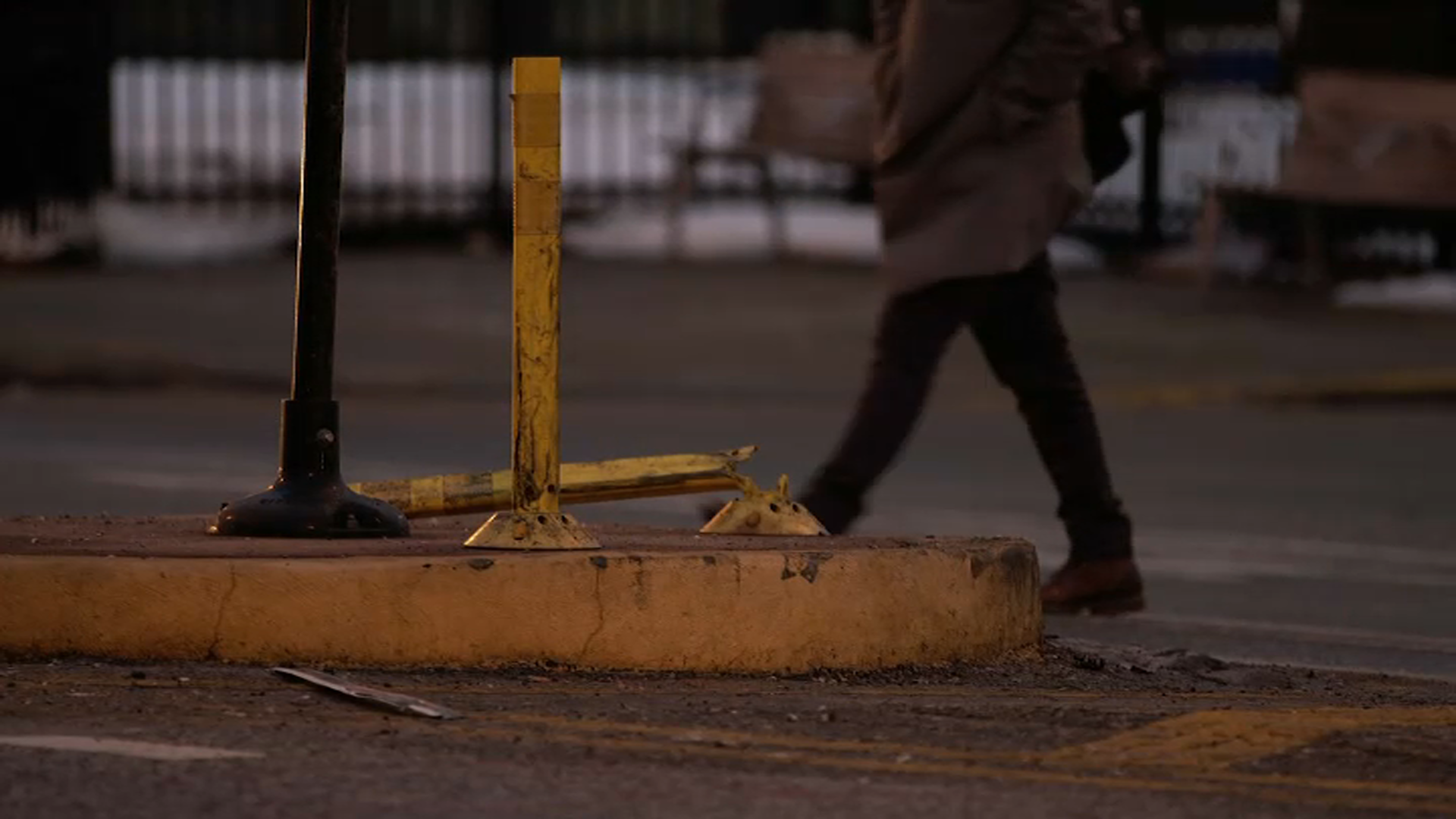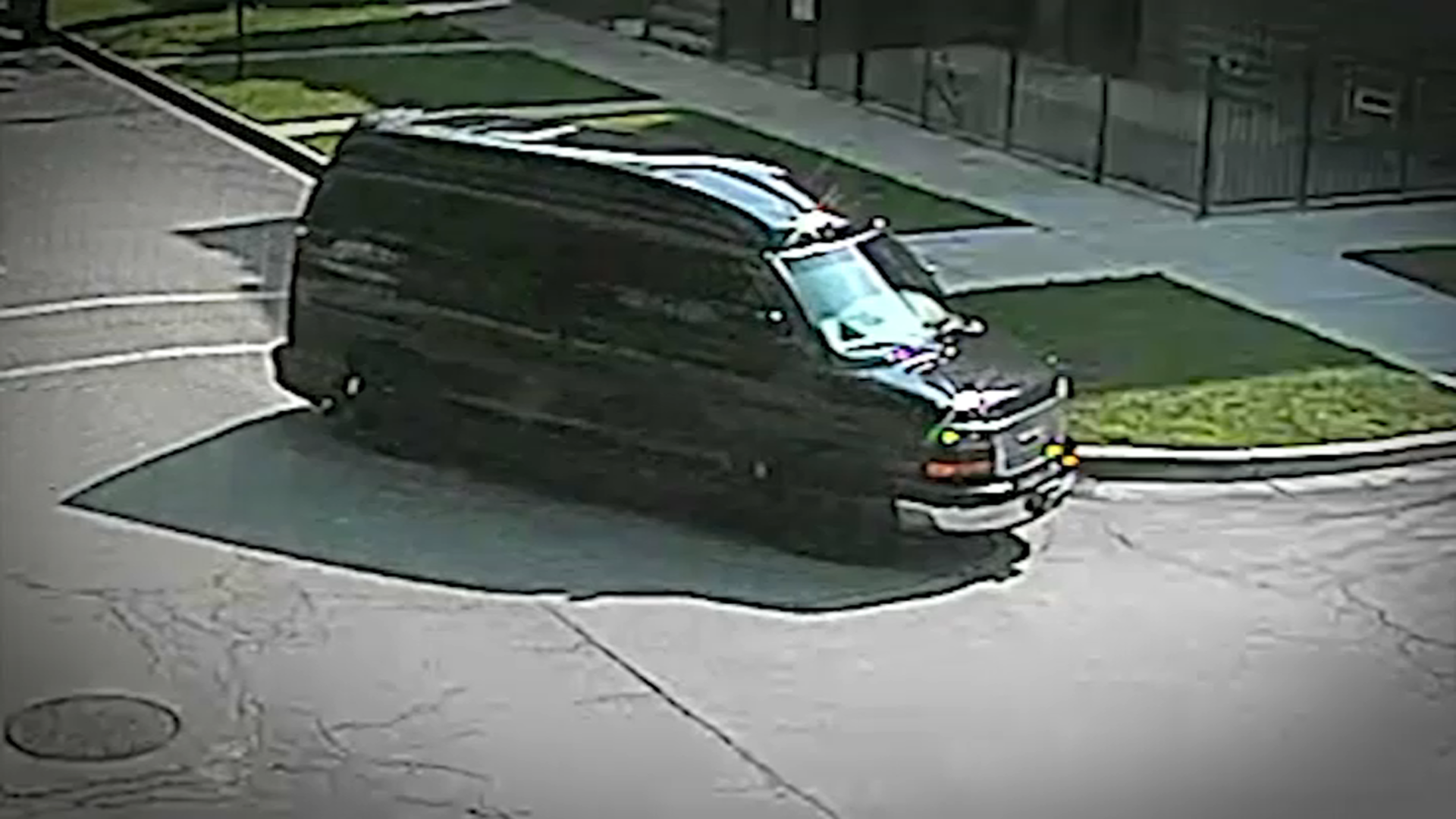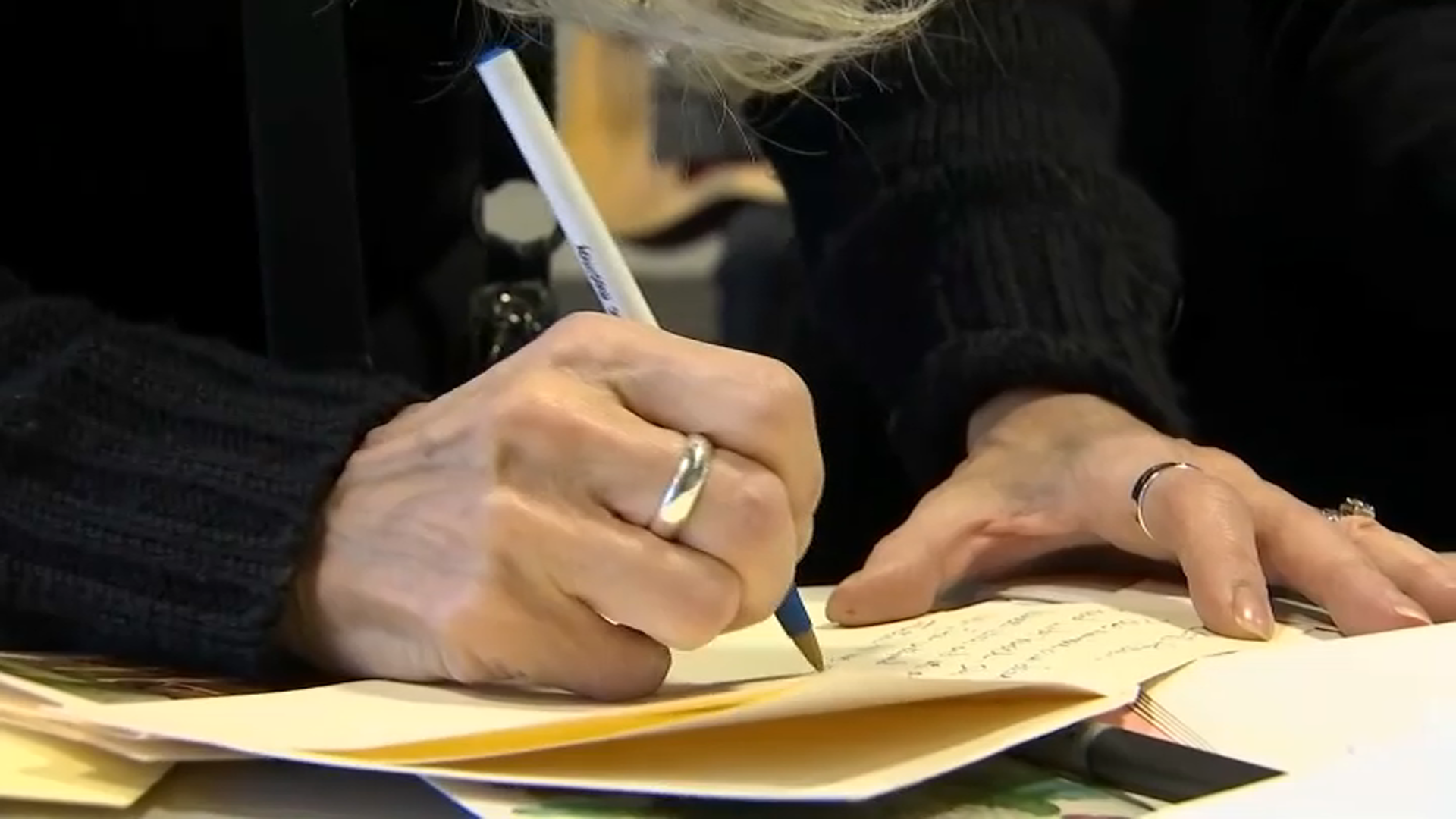For nearly a year, NBC 5 Investigates has been analyzing data on thousands of hit-and-run crashes in Chicago, including many serious and even deadly cases with seemingly obvious clues that still remain unsolved.
Like the death of Linda Mensch in August, where the owner of the car that killed her wasn't interviewed, even though police had an eyewitness and a license plate.
"I just see absolutely no reason here why an arrest warrant should not be issued for this man," Mensch's daughter Jessica Heyman said earlier this year, adding that she felt "agony and confusion" over the Chicago Police Department's "complete neglect and incompetence" in handling her mother's case.
The crash that killed Selina Taylor and her infant child last June remains unsolved, even though the other driver fled on foot, leaving the car behind.
"I don't know what the truth is, but that's what I want to know. The truth, like, what really happened," her fiancé Sebastian Taylor said, later adding, "Police won't even talk to me."
And the daughter of Teresa Jaworecka, who was fatally struck in September, said she believes Chicago police failed to collect video evidence that may have helped them find her killer.
"If this were their mom, would they not want to catch this person?" questioned Agata Jagielski. "Would they not want justice for their families?"
In crash after crash, police seemed to have plenty of leads but have gone months or even years without filing charges, as victims beg for answers.
In one of the exceedingly rare Chicago hit-and-runs that actually saw an arrest, investigators not only had an image of the van that killed a man, it had a phone number painted on the side - but it still took five years for police to close the case.
Feeling out of the loop? We'll catch you up on the Chicago news you need to know. Sign up for the weekly Chicago Catch-Up newsletter.
At around 10:23 p.m. on August 17, 2016, 58-year-old Francisco Cruz was riding his bike on North Pulaski Road at West Maypole Avenue on the city's West Side when he was hit by a van that fled westbound.
Within 24 hours, Chicago police sent out a surveillance photo of the van, complete with the phone number of the board-up service that owned it, which has since gone out of business.
"You call that phone number, you ask that company, 'Who was dispatched to that car at this time?' There's your person," former federal prosecutor Ron Safer said when asked about this case.
It sounds simple - but that isn't what happened.
Police reports obtained by NBC 5 Investigates show that police were immediately flooded with tips. One was the location of the van, which Chicago police impounded the day after the crash, finding it abandoned in an alley.
At least four more tips in the four days after the crash gave investigators the home address and name of a suspect: Creshon Harris.
In fact, the lead investigator on the case even turned down help from the Cook County Crimestoppers less than two weeks after the crash, saying the assistance was "not needed" as police were "building a case to prosecute Harris," according to emails obtained by NBC 5 Investigates.
But for reasons Chicago police refuse to explain, it would be more than five years before Harris was charged.
"Five days is too many," Safer said.
Harris was arrested in September 2021 and charged with one felony count of failure to report an accident resulting in death, arrest and court records show. He has pleaded not guilty.
Safer said investigations like this one - with so many clues - should not be so difficult.
"Those are not unsolvable crimes. Those are crimes that practically solve themselves," he said.
And yet, the case dragged on. NBC 5 Investigates also obtained more than a dozen emails that supervisors sent that same lead investigator in the years after the crash, reminding her to close out the case and even warning of disciplinary consequences.
One from February 2020 noted that there had been "no documented activity" on the case for 1,264 days - all the way back to the date of the crash.
"I have no answers for you why tips would be ignored, why obvious leads wouldn't be followed," Safer said.
Indeed, there are repeated examples where police refused to even question obvious suspects, telling victims' families they couldn't prove who was actually driving the car at the time of the crash.
Safer said that's hard to fathom.
"Nobody has to be in custody to question them," he said. "They could go to this person's home, ask them any questions they want about this hit-and-run. They can decline to answer - but they can ask."
Not only will Chicago police not talk to suspects, they have for months also denied repeated requests for an interview on hit-and-runs, declined to respond to several specific questions on individual cases and refused to discuss their vanishingly small clearance rate.
Of the roughly 37,000 hit-and-runs that occurred in Chicago in 2021, CPD made arrests in just 0.3% of cases. In Los Angeles, the most recent reported arrest rate was 8%.
In just the most serious hit-and-run crashes that caused deaths or debilitating injuries last year, Chicago police made arrests in 2.3% of cases. Compare that to the New York Police Department, which cleared 25.8% of their most serious cases in 2021 - more than 10 times Chicago's rate.
It's not hard to see why Chicago police solve so few cases, when obvious leads aren't followed and prime suspects are allowed to keep driving.
"Hit-and-run drivers are dangerous," Safer said. "They are loose on the streets with a fatal weapon in their hands. You've got to stop that or it happens again and again."
What’s more, Chicago police don't even list Cruz's death as a hit-and-run, a crime or even a crash in the city's online databases. It’s as if it doesn’t exist - and that's not an anomaly.
NBC 5 Investigates has found dozens more people killed in recent years that the city doesn't list as hit-and-run deaths - nearly 25% more than the official public records report, meaning this problem is likely even worse than it may seem.




